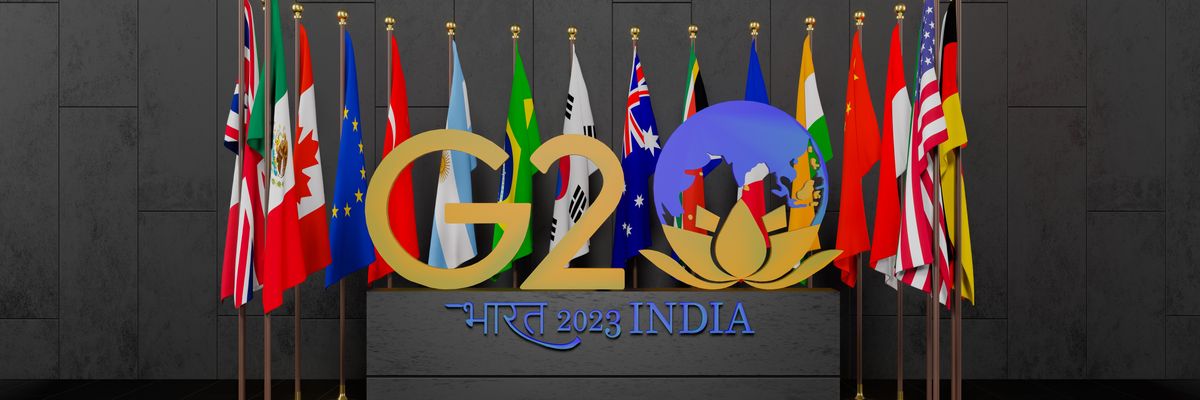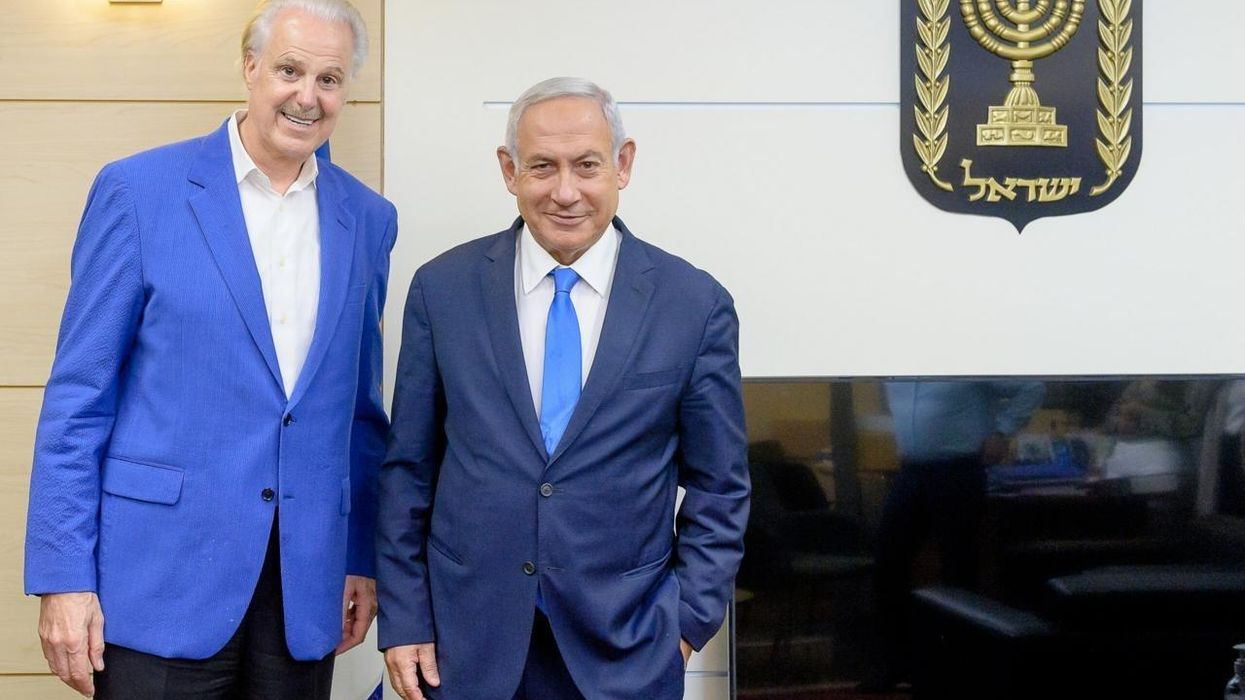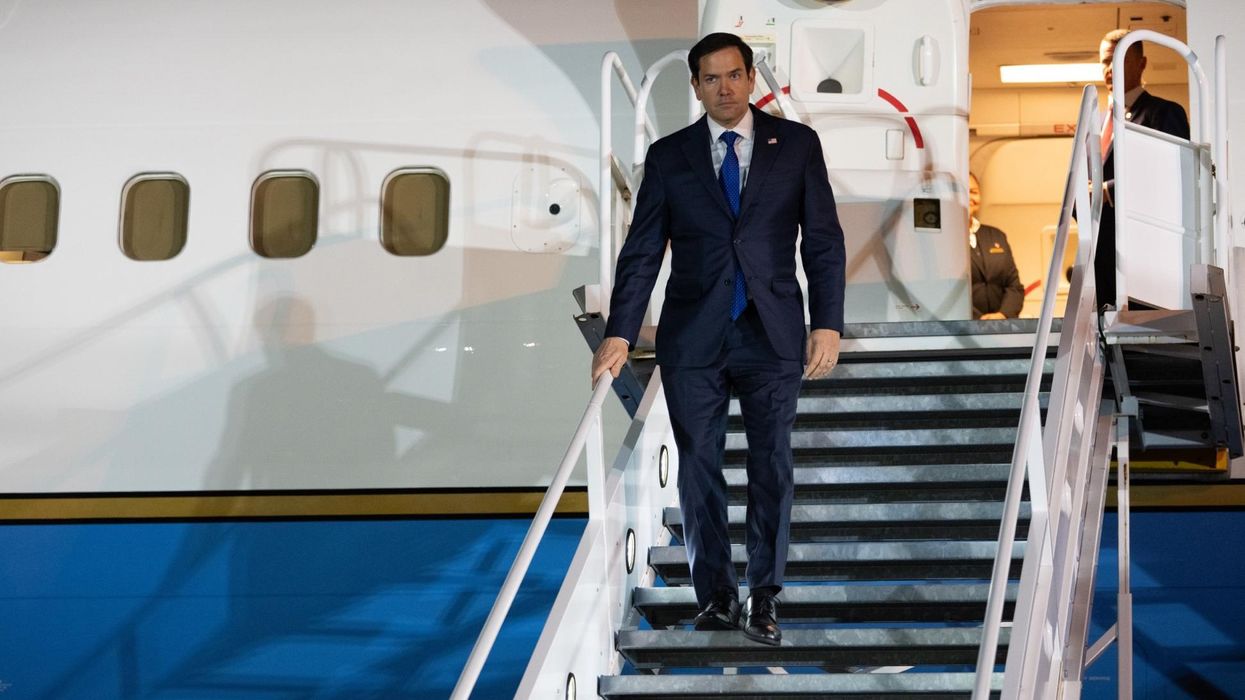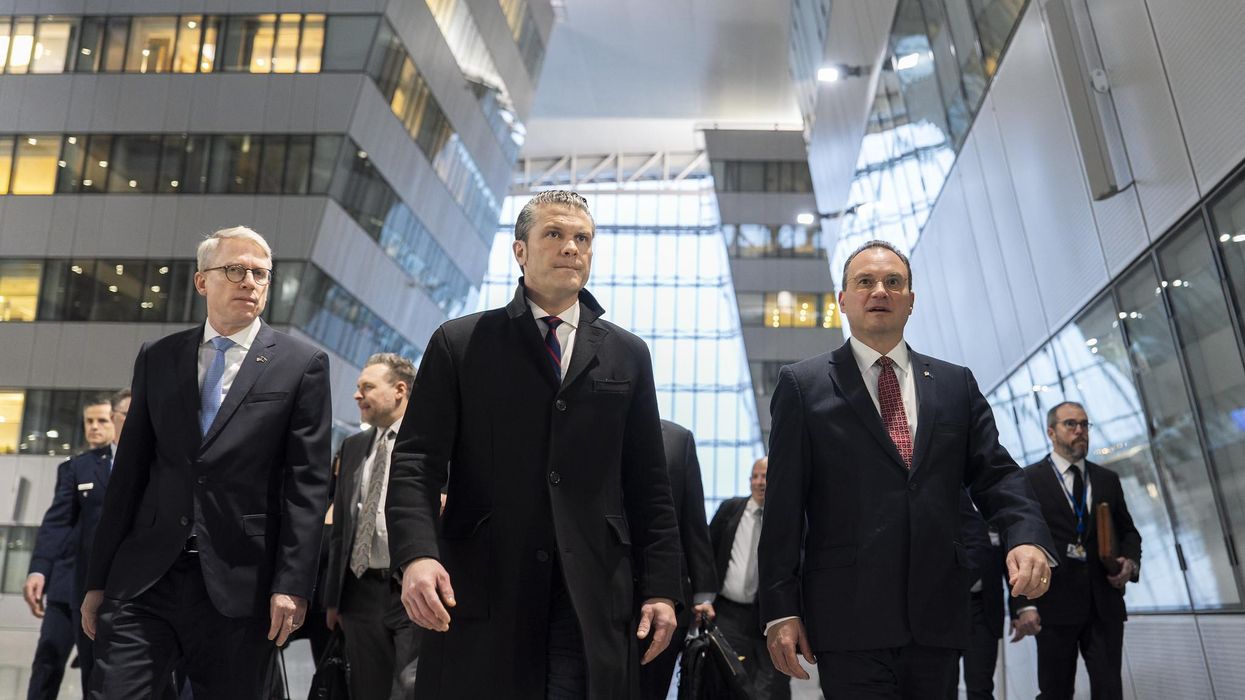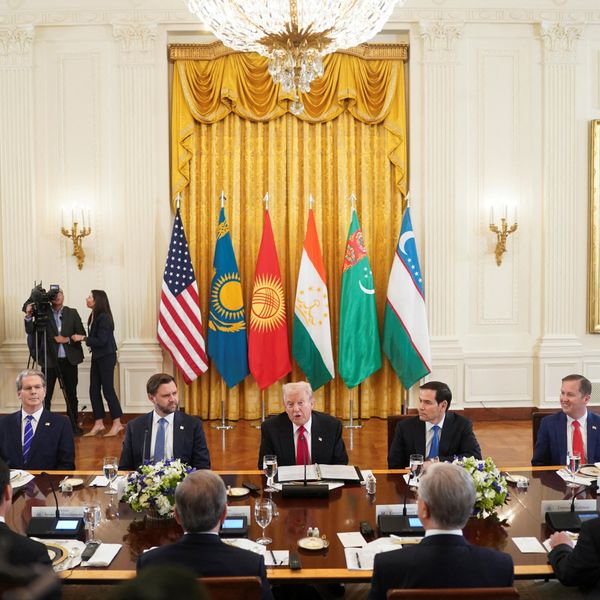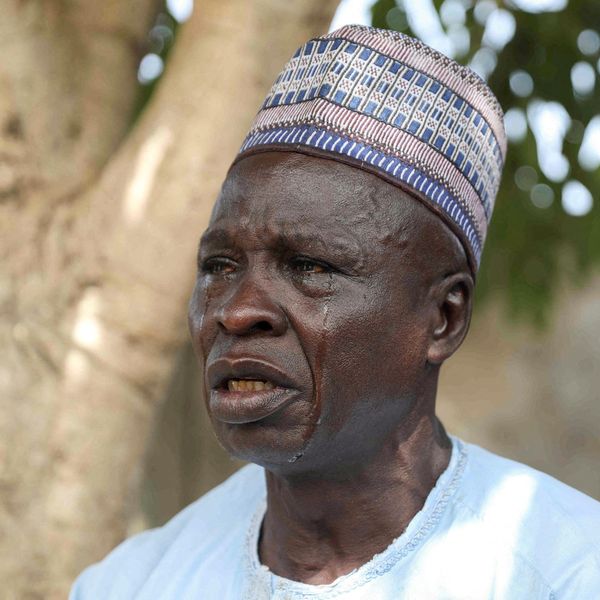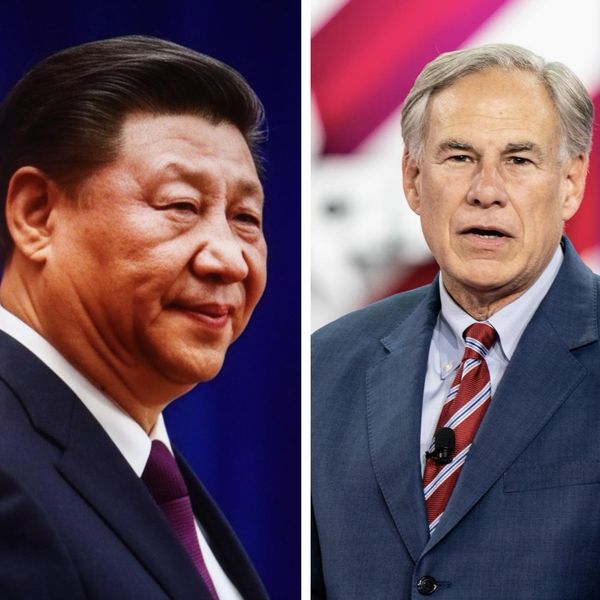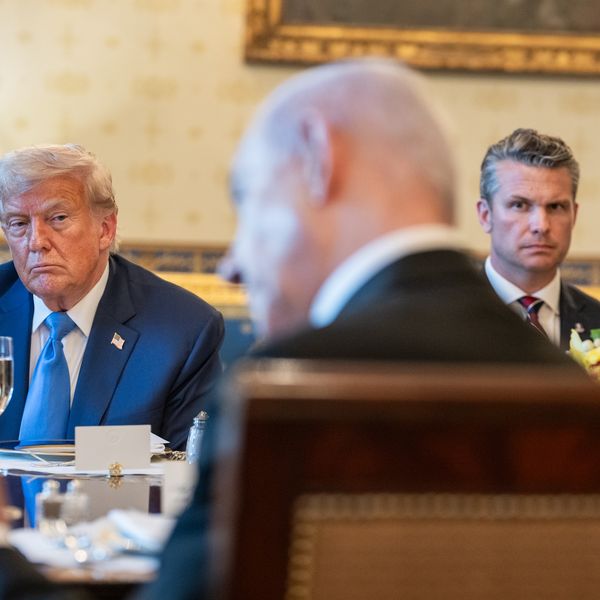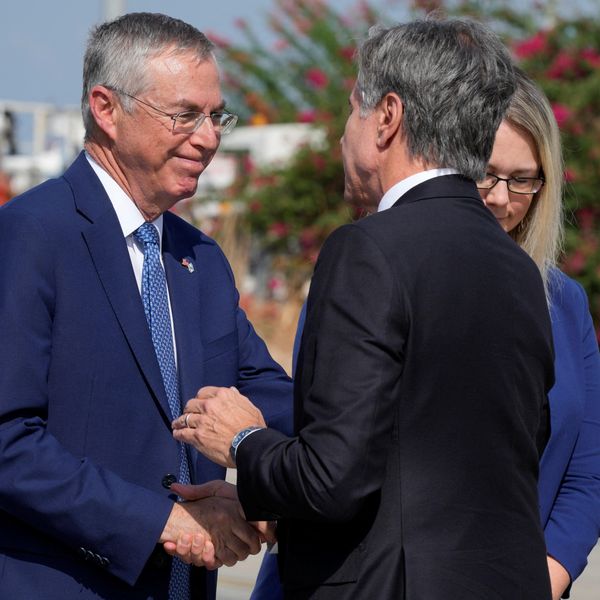The leaders of the world’s largest economies will gather this weekend in New Delhi, India, for the G20 summit. The meeting comes at a complex time for the grouping, which is one of the rare venues where Russian, Chinese, American and European leaders have to rub shoulders each year.
India no doubt hopes to boost its profile as a Global South leader by focusing on issues like climate change and global food prices, but this year’s summit risks being paralyzed by Russia’s war in Ukraine, arguments over which prevented the grouping from agreeing on a joint communique at its 2022 meeting.
Further complicating the summit is the fact that Russian President Vladimir Putin and Chinese President Xi Jinping are not planning to attend. Xi’s snub has drawn particular attention given increasing tensions between the U.S. and China, which got a rare respite last year when the Chinese leader held a three-hour meeting with U.S. President Joe Biden.
Few analysts are better positioned to break down these dynamics than Kishore Mahbubani, Singapore’s former ambassador to the United Nations and a distinguished fellow at the Asia Research Institute. After a 30-year career in diplomacy, Mahbubani has emerged as a leading commentator on international affairs with a special focus on Asia and the Global South.
RS caught up with Mahbubani over email to get his take on the summit and the shifting geopolitical landscape that will frame it. The following conversation has been lightly edited for length and clarity.
RS: What is India hoping to get from the G20 Summit? How does it factor into Prime Minister Narendra Modi's vision for India's role in the world?
Mahbubani: The G20 summit is a big deal for PM Modi and his government. He has both domestic and international goals to achieve at this meeting. Domestically, a successful G20 will raise the stature of his government and himself in the build-up to the national elections in 2024. Internationally, PM Modi would like to position India as an emerging world leader. Hence, he will work hard to enhance the voice of the Global South in the G20 summit in India. He will push hard to get the African Union represented as a member.
RS: Notably, Chinese President Xi Jinping and Russian President Vladimir Putin have both chosen to forgo this year's event. How will their absence affect the meetings?
Mahbubani: Putin’s absence is not surprising. He also missed the G20 summit in Bali last year. He is preoccupied with the war in Ukraine. He may also be shunned by other leaders. Hence, it is wise for Putin not to attend. However, if Xi Jinping decides not to participate, it will sadly diminish the significance of the G20 Summit. The most important bilateral relationship in the world is between the U.S. and China. Just before the G20 summit in Bali in November 2022, [Indonesian] President Jokowi invited me to breakfast to discuss the agenda. I told him that the world would thank him if he organized a good meeting between President Joe Biden and President Xi Jinping. He responded to me by saying, “Please don’t worry. I’ve given them the nicest room in Bali for the meeting.” This worked. Biden and Xi had a good meeting. The world breathed a sigh of relief. There will not be a similar sigh of relief after the G20 summit in New Delhi.
Please let me add here that it is possible that President Xi may have decided not to attend this meeting in New Delhi as he will have another opportunity to meet President Biden in the U.S. for the APEC Summit in November.
RS: Biden will be in attendance in New Delhi. Do you have a sense of what the United States is hoping to get from the summit?
Mahbubani: The U.S. is courting India ferociously. Paradoxically, the best comparison to make of this courtship is with the ferocious courtship of China by the U.S. to counterbalance the Soviet Union in the 1970s. Today, to counterbalance China, the U.S. is courting India. This is why President Biden is attending the G20 summit in India and skipping the East Asia Summit in Indonesia. Realistically, the U.S. does not expect to get much from the G20 Summit in India. The most successful G20 summit ever was the 2009 meeting in London, when the G20 came together to rescue the U.S. and other Western economies during the global financial crisis. Today, the U.S. economy is doing relatively well. Hence, the U.S. expects little from the G20 summit in New Delhi. Little of substance will emerge from the summit. It may well prove to be, like many G7 meetings, a photo opportunity for the leaders attending it.RS: Do you expect the war in Ukraine to dominate conversation as it has in other international forums? Are you concerned that it will pull attention away from other global issues, like climate change and the ongoing food crisis?
Mahbubani: There will be a continuing tension between the leaders of the Global South and the G7 leaders attending the G20 meeting. The Global South would like to focus on their preoccupations, like their ongoing development challenges, including the food crisis. They would also like the G7 leaders to fulfill their commitments to help the Global South fight climate change. By contrast, the G7 leaders would want to focus on the war on Ukraine and try to get a strong statement condemning Russia at the meeting. There will be no meeting of minds between the Global South and G7 leaders. At best, one can expect a compromise which tries to fudge the big differences between the two sides.
In many ways, it is fortunate that India is hosting the G20 summit this year. The only major country that enjoys a high level of trust from both the Global South and G7 countries is India. Only India can pull off a compromise solution between the two sides. If India fails, it will show that the gap between the two sides is too big to be bridged. The world will remain divided.
RS: The event comes less than a month after BRICS held a much-remarked summit in South Africa, where the group formally invited Saudi Arabia, Iran, the UAE, Ethiopia, Argentina and Egypt to join. BRICS and the G7 each now have seven members of the G20. Do you expect these groups to act as competing blocs in the summit? How does the rise of BRICS change the G20's dynamics?
Mahbubani: Over the past 20 years, the global media, especially the Western media, has paid far more attention to G7 events than to BRICS events. This reflects a major error of judgment. The G7 is a sunset organization. BRICS is a sunrise organization. In 1990, in PPP terms, the combined Gross National Product (GNP) of G7 was more than double that of the BRICS countries. Today, it is less. Equally significantly, 40 countries have applied to join BRICS. There is no similar rush of applications to join the G7. In my book, The Asian 21st Century (which is an open access book), I describe how the world is psychologically preparing for the Asian century. The 88 percent of the world’s population who live outside the West understand this reality. The 12 percent who live in the West don’t understand this.
If the West wishes to pursue a wiser course of action, it should use the forthcoming G20 summit in New Delhi to build new bridges with the Global South. It should also learn to share power by allowing, for example, Global South representatives to run organizations like the IMF and World Bank. Sadly, the West is unlikely to do this. Hence, it will waste the valuable opportunity provided by the G20 summit meeting in New Delhi to build new bridges to the Global South.
- Biden, don't let differences over Ukraine tank your relations with Lula ›
- Diplomacy Watch: Is this India's moment on the world stage — as mediator? ›
- US-China climate win good for relations and the planet | Responsible Statecraft ›
- Modi’s setback will have little impact on India’s Foreign Policy | Responsible Statecraft ›

